US allows three NATO allies to send US-made missiles to Ukraine: Report
The United States has given permission to three fellow-NATO member states in the Baltic region to send US-made missiles and other armaments to Ukraine, sources say, amid boiling tensions between Russia and the West over the ex-Soviet country.
The US State Department has approved shipments of US-made missiles and other weapons from NATO allies Lithuania, Latvia and Estonia to Ukraine, Reuters cited three unnamed sources as saying on Wednesday.
Russia and the US-led NATO have recently been at odds over Ukraine. Western countries accuse Russia of preparing for an invasion of Ukraine by amassing troops and armaments near the border with that country. Moscow says that it is free to move its military freely within its borders and that it is taking precautionary steps because of increased NATO activity near its territory.
The export control regulations require the countries to first grant approval from the US State Department before shipping any weapons they received from the US to third parties.
According to the sources, the three Baltic countries had requested the approval to transfer missiles and other US-made weapons to Ukraine in recent weeks and the news of the approval emerged late on Wednesday, after US President Joe Biden told a press conference that Russia would pay dearly if it invaded Ukraine.
The American leader said at the time that his “guess is [Russian President Vladimir Putin] will move in” against Ukraine, though “I think he’ll regret having done it.”
Estonia can now ship Javelin anti-tank missiles to Ukraine, while Lithuania is allowed to send Stinger missiles, one of the sources said.
Washington has announced that it would also begin the process of shipping $200 million worth of anti-armor missiles, ammunition and other equipment to Ukraine in the coming days.
This is while Russian officials have repeatedly denied planning to invade neighboring Ukraine.
Last month, the Russian government made demands on NATO and Ukraine about the future of their relationship, calling on the Western military alliance to deny Ukraine membership to NATO and to roll back its military deployments.
Moscow also proposed that the US not establish any military bases in the former Soviet states that are not part of NATO, and not develop a bilateral military alliance with them.
Washington has rejected the proposals as "non-starters."
Russia has repeatedly warned that Moscow will act if the US-led NATO military alliance crosses its red lines in Ukraine.
Earlier this month, Russia held a series of diplomatic meetings with US and its NATO allies in Geneva, Brussels, and Vienna over the Ukraine crisis. During the talks, the Russian representatives reiterated Moscow's demand for the security guarantees to be taken seriously.
The Kremlin has ruled out any further talks with Washington and NATO over the situation around Ukraine unless the West responds properly to its security demands.
Relations between Ukraine and Russia have been deteriorating since 2014, when the then-Ukrainian territory of Crimea voted in a referendum to fall under Russian sovereignty. The US and the European Union backed Kiev, refusing to recognize the referendum results and later imposing sanctions on Moscow.
Ukraine as well as the EU and the US also claim that Russia has a hand in an ongoing conflict that erupted in the Donbass region of Ukraine between government forces and ethnic Russians in 2014. The West imposed sanctions on Russia after accusing it of interfering in the conflict. Moscow denies the allegation.
Ukraine claims that Russia has deployed heavy-armored vehicles, electronic warfare systems, and nearly 100,000 soldiers near its border, while Russia says Ukraine has deployed half of its army, or 125,000 troops, to the Donbass, calling it “very dangerous adventurism.”
US pressure contributing to Israeli influence in Latin America: Experts
‘Enough orders from Washington’: Venezuela’s interim president slams US pressure
US officials defend fatal shooting as video contradicts government statement
VIDEO | UK Activists plan new flotilla to break Gaza siege
Israeli minister blasts Trump’s ‘Board of Peace’ plan, calls for Gaza occupation
Iran Judiciary says detained rioters not denied medical services
Discover Iran: From red earth and blue seas to green forests – natural wonders of Hormozgan
German economists urge withdrawal of gold reserves from US


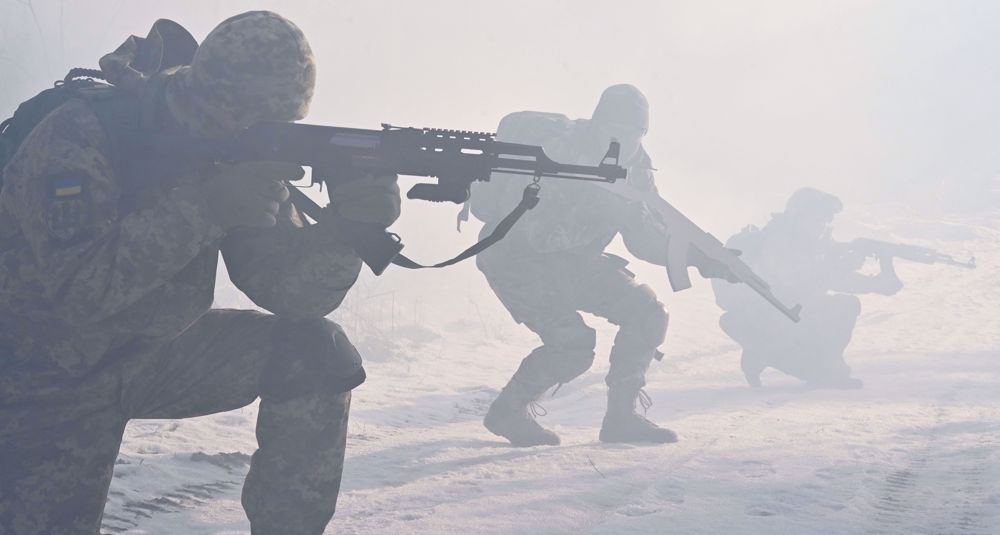
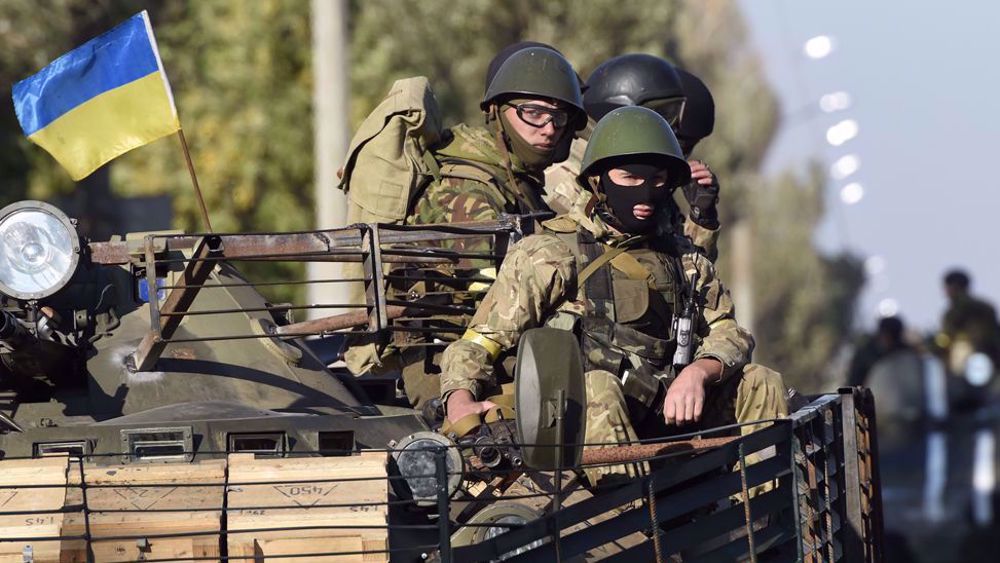
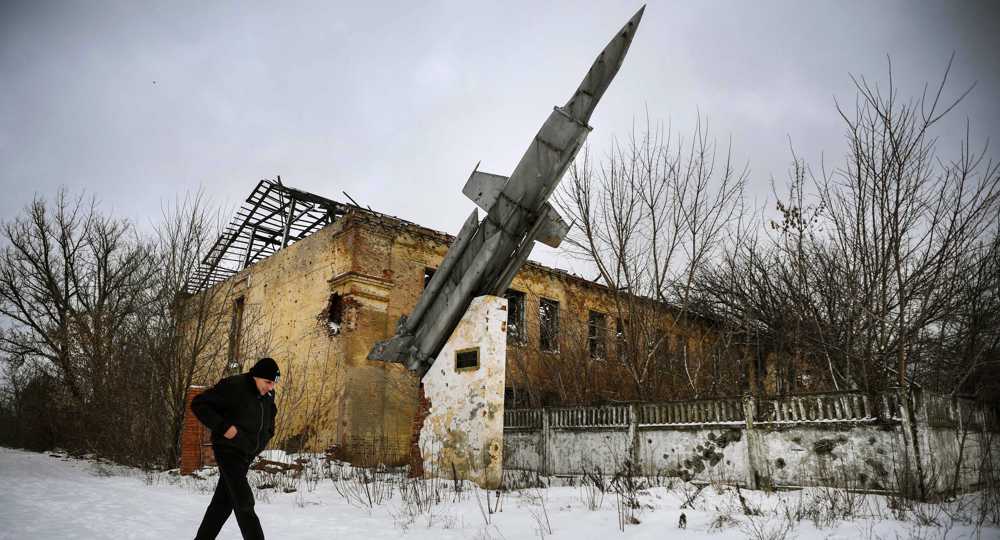
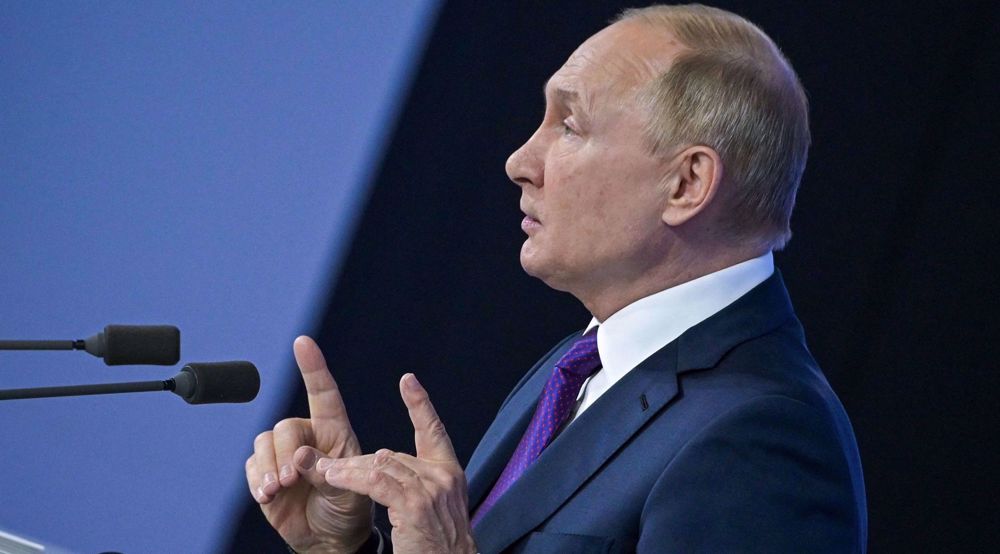

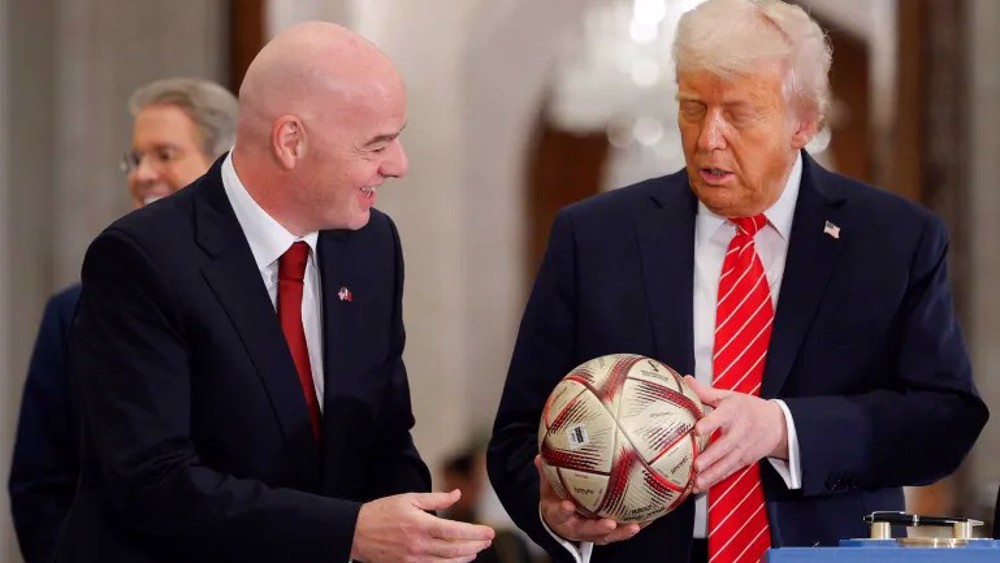





 This makes it easy to access the Press TV website
This makes it easy to access the Press TV website